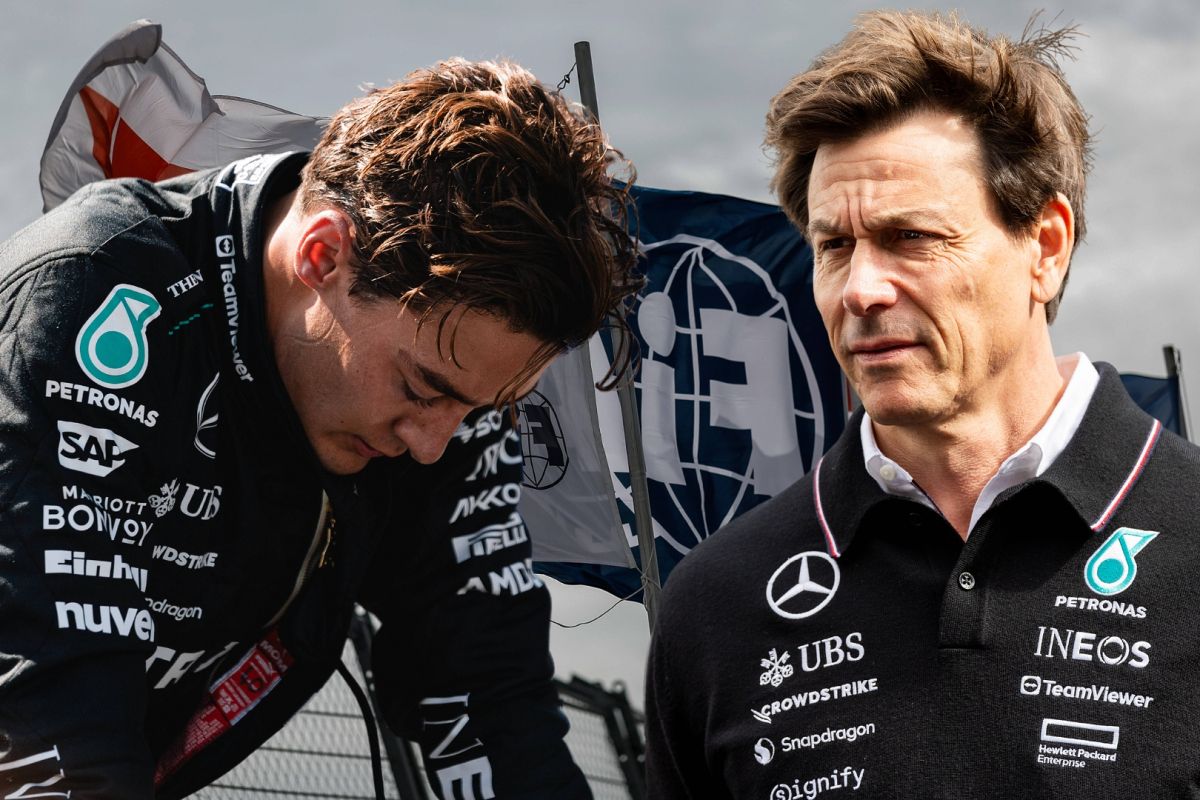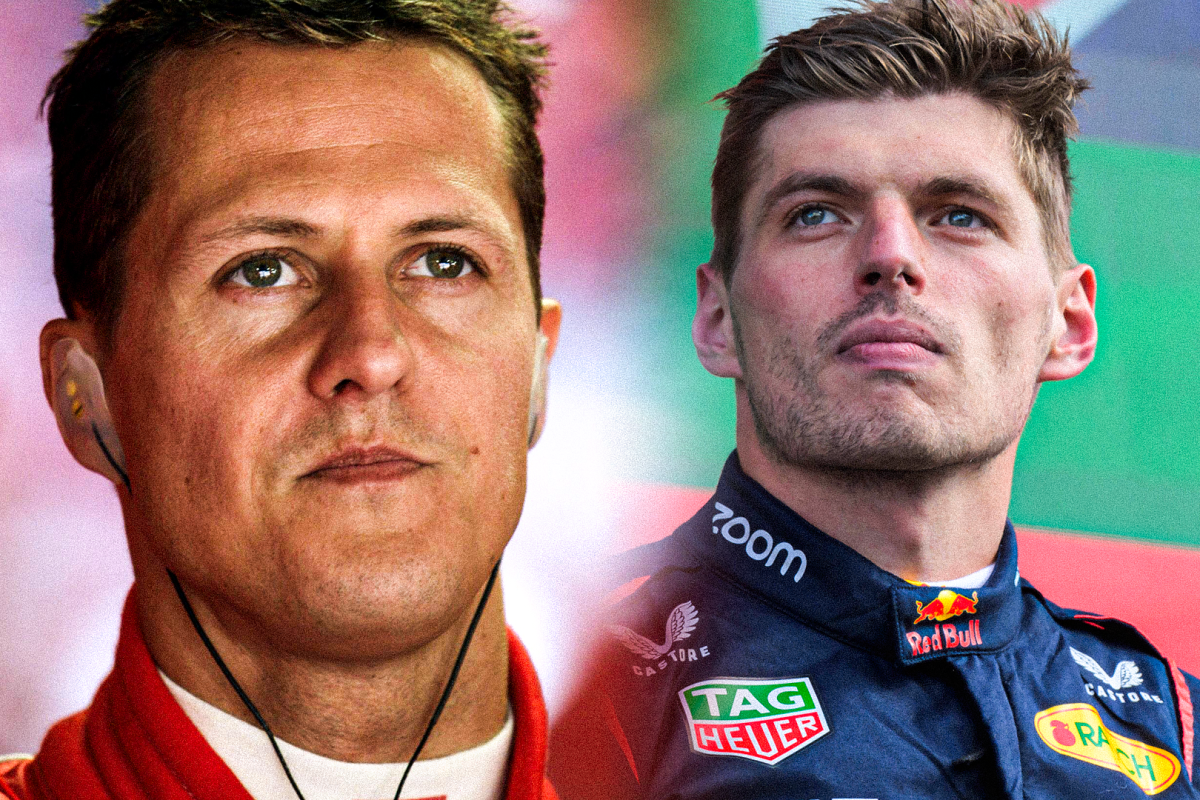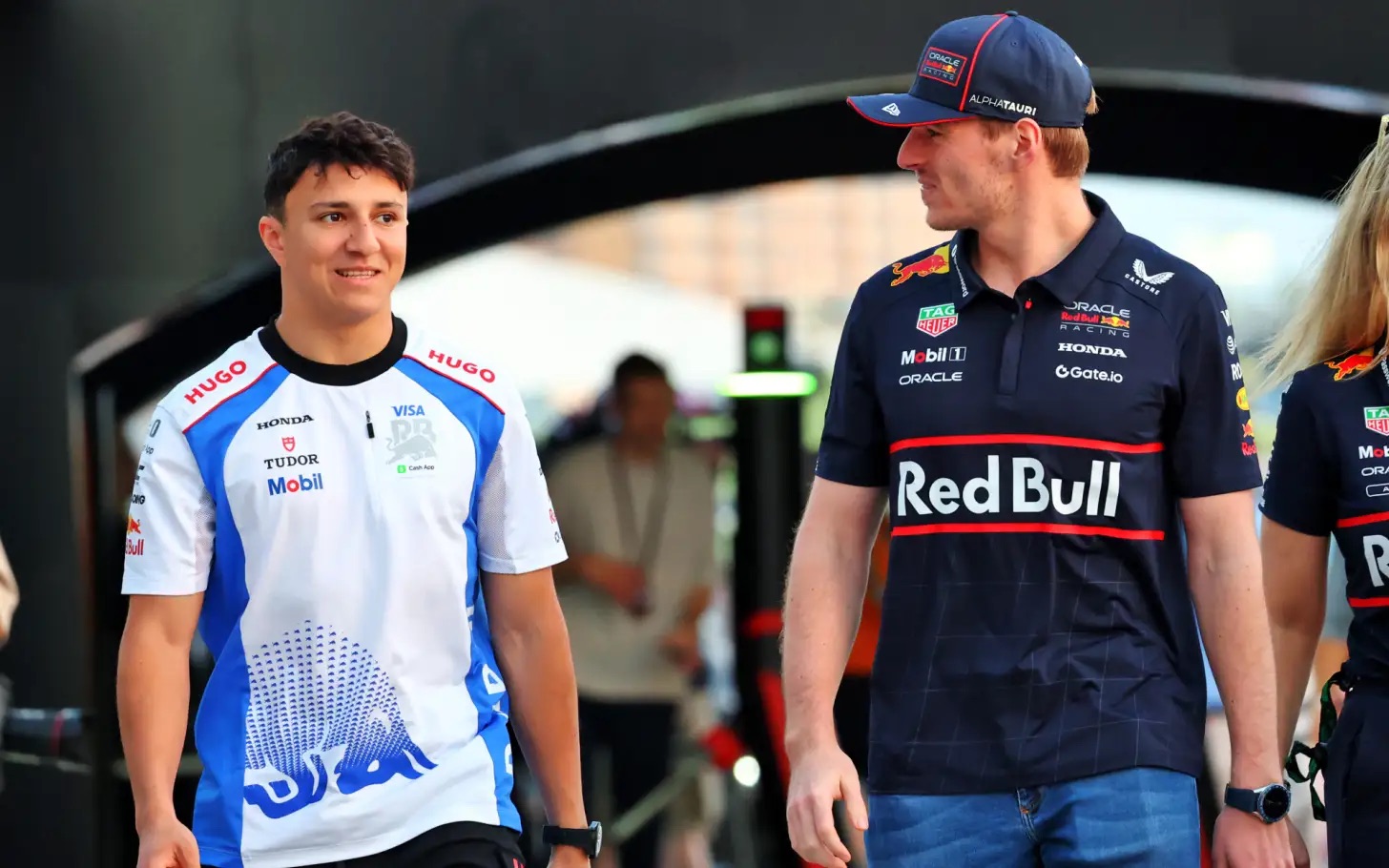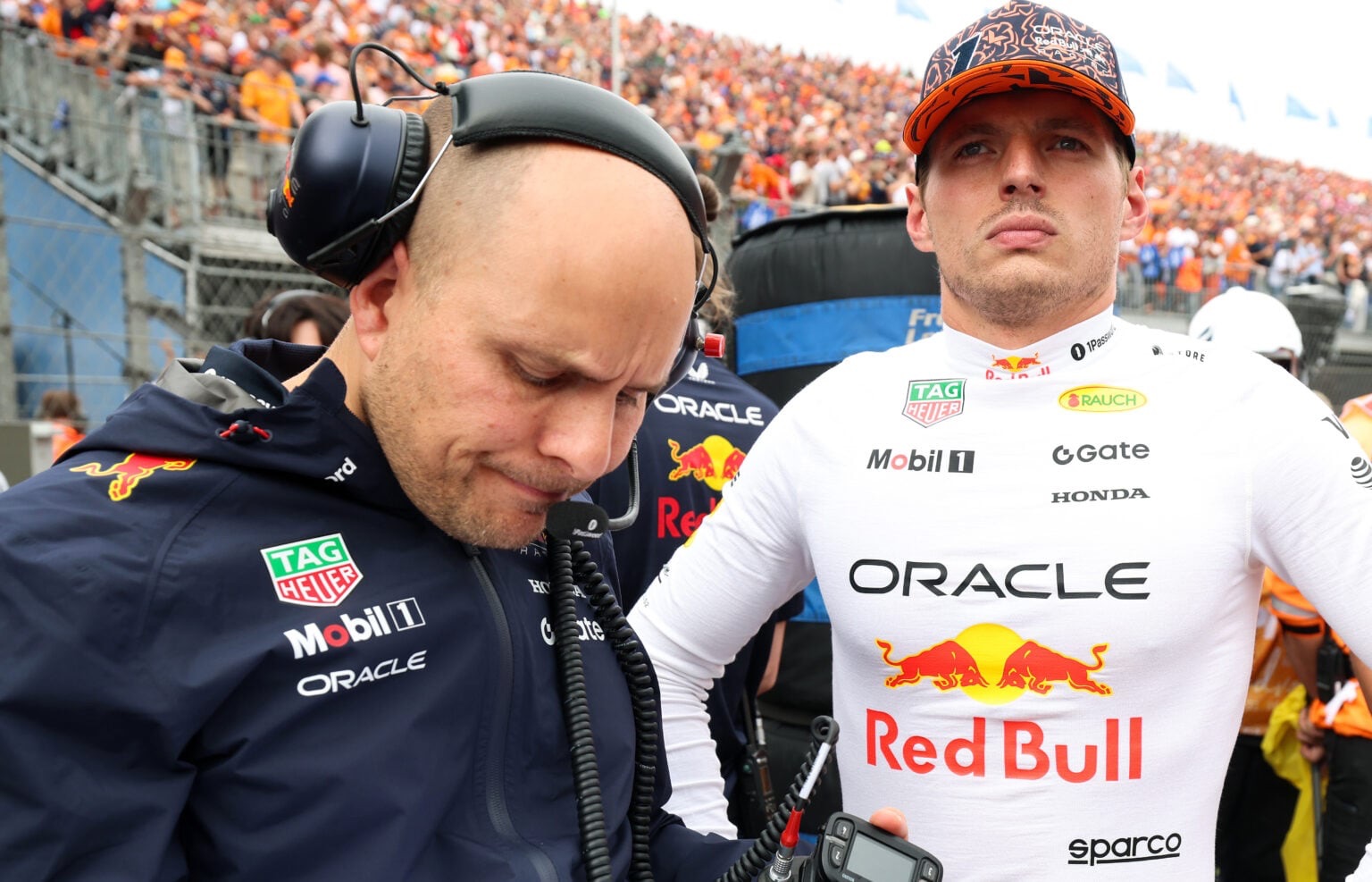FIA Imposes Double Penalty on Mercedes After Controversial…read more
The Fédération Internationale de l’Automobile (FIA) has handed down a significant blow to the Mercedes-AMG Petronas Formula One Team, issuing two separate penalties in the aftermath of the Bahrain Grand Prix. The decisions come following a thorough review of two distinct infractions committed during the season-opening race, both of which involved the team’s drivers—George Russell and Lewis Hamilton. The consequences of these rulings are expected to impact Mercedes’ early-season performance and their position in the Constructors’ Championship standings.
Russell Penalized for Track Limits Violation
The first of the two incidents centered around George Russell, who was found to have gained an illegal advantage during an on-track battle. According to race stewards, Russell exceeded the track limits while attempting an overtaking maneuver and failed to relinquish the position afterward. The FIA determined that his actions breached the sporting regulations, specifically those pertaining to fair racing conduct.
As a result, Russell was handed a five-second time penalty, which was added to his race time post-finish. This penalty ultimately cost him several positions in the final race classification, dealing a blow to his points tally and undermining what was otherwise a competitive performance.
Track limits have become an increasingly scrutinized area in Formula One, with stewards placing greater emphasis on enforcing boundaries to maintain fairness. Russell’s infraction highlights the delicate balance drivers must maintain when pushing the limits in high-stakes racing.
Hamilton’s Pit Stop Error Adds to Team’s Woes
Compounding Mercedes’ troubles was a separate incident involving seven-time world champion Lewis Hamilton. During one of his scheduled pit stops, Mercedes released Hamilton from the pit box into the path of an oncoming car—an action deemed an “unsafe release” under FIA regulations. This procedural error posed a potential safety hazard in the already tense and narrow confines of the pit lane.
In accordance with the International Sporting Code, the FIA issued a time penalty to Hamilton and levied a monetary fine against the Mercedes team for the unsafe maneuver. The ruling emphasized the governing body’s continued commitment to safety and procedural discipline during races.
The incident not only impacted Hamilton’s race but also drew criticism from commentators and rival teams, many of whom stressed the importance of precise coordination during pit stops. Given the tight margins that often decide race outcomes, such operational missteps can prove costly in both points and momentum.
FIA Reinforces Focus on Safety and Fairness
In an official statement, the FIA defended the decisions, underscoring the importance of consistent regulation enforcement. “Both incidents were thoroughly reviewed, and penalties have been issued in accordance with the International Sporting Code. Safety and fairness remain our top priorities,” the statement read.
The FIA’s firm stance on the matter serves as a reminder to all teams of the importance of adhering to the rules, regardless of stature or past success. As the sport evolves, with technology and strategy becoming ever more sophisticated, the role of regulation remains central to maintaining a level playing field.
Mercedes Responds with Accountability
In the wake of the penalties, Mercedes Team Principal Toto Wolff expressed disappointment over the incidents but accepted the FIA’s rulings without contention. “We accept the FIA’s decisions. We’ll review our procedures and make sure these mistakes aren’t repeated,” Wolff stated during a post-race interview.
He acknowledged that both situations arose from avoidable errors and emphasized the need for the team to improve its operational execution under pressure. Wolff’s comments reflect the team’s culture of accountability and continuous improvement, qualities that have defined Mercedes’ dominance in recent years.
Increased Pressure Ahead of Upcoming Races
The twin penalties have put Mercedes on the back foot as the championship campaign progresses. With valuable points lost in both the Drivers’ and Constructors’ standings, the team now faces mounting pressure to deliver strong performances in the upcoming rounds.
Fans and pundits alike will be watching closely to see how Mercedes responds to this early-season adversity. While setbacks are not unfamiliar to a team of Mercedes’ caliber, the competitive landscape of Formula One has tightened in recent seasons, leaving little room for error.
As the F1 circus prepares to move on to the next Grand Prix, questions remain about whether Mercedes can recover quickly from this stumble and reassert themselves as title contenders. What’s certain is that every detail—from on-track behavior to pit lane operations—will be under even greater scrutiny moving forward.




